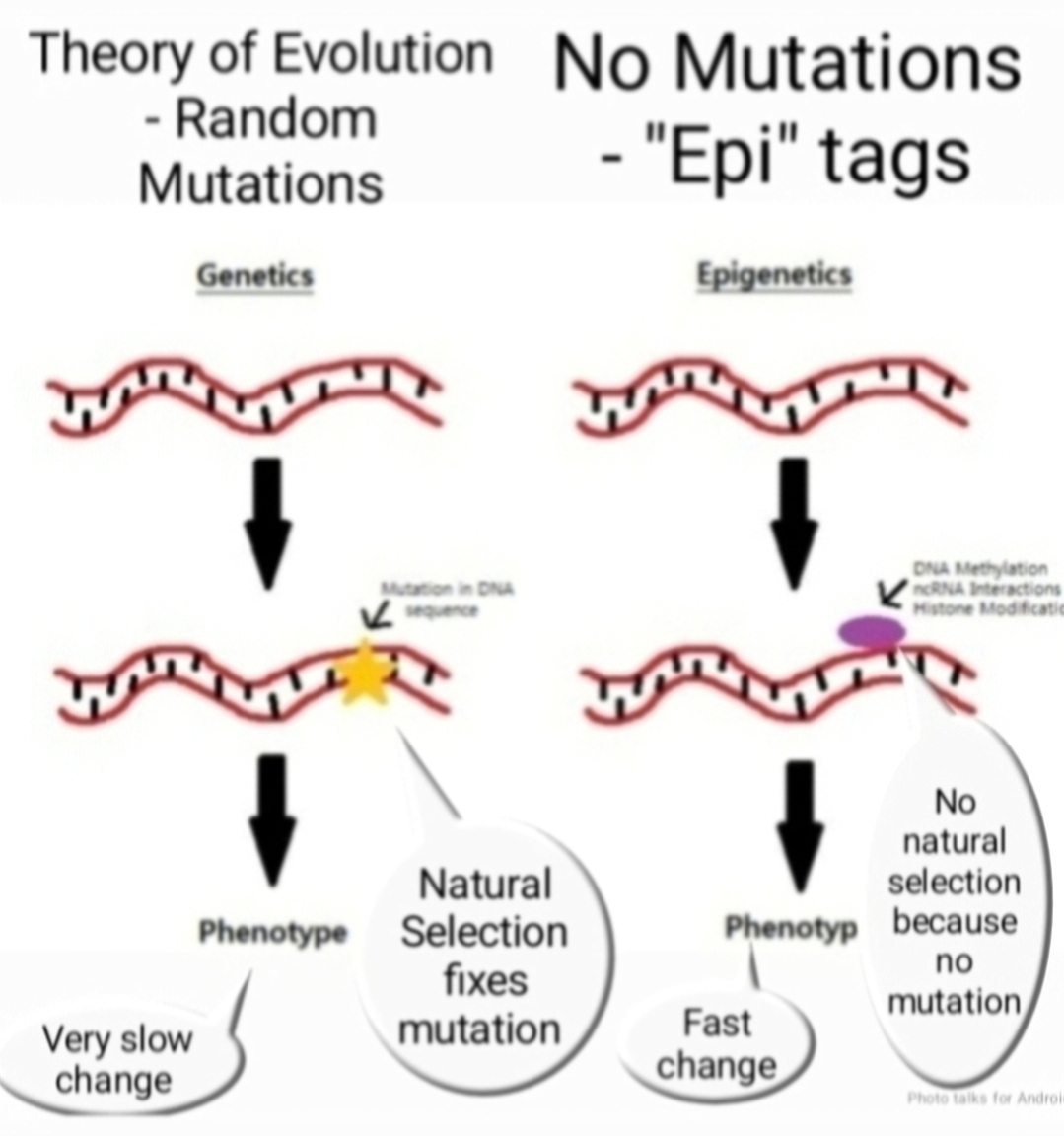Challenging the Modern Synthesis' Gene-Centered View

The article by Jablonka and Lamb critiques the Modern Synthesis , a dominant 20th-century theory in evolutionary biology that merged Darwinian evolution with Mendelian genetics. The Modern Synthesis placed genes at the center stage, crediting them as the sole carriers of heritable traits. Jablonka and Lamb argue that this gene-centered view overlooks the influence of other inheritance systems on evolution. Introducing Alternative Inheritance Systems The authors delve into various inheritance systems beyond genes, including: Epigenetics: This refers to modifications on genes that affect gene expression without altering the DNA sequence itself. These modifications can be passed down to offspring, influencing their traits. For instance, maternal nutrition can epigenetically influence offspring development. Behavioral Inheritance: Learned behaviors can be socially transmitted across generations, impacting the survival and reproduction of organisms. An example is birds inhe...
